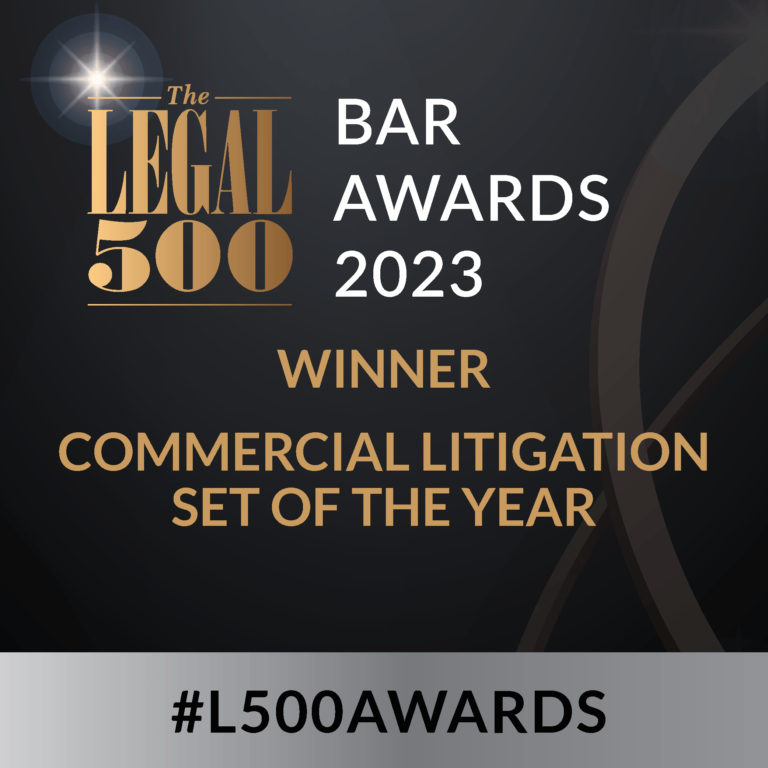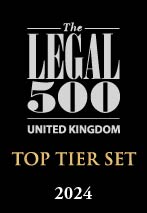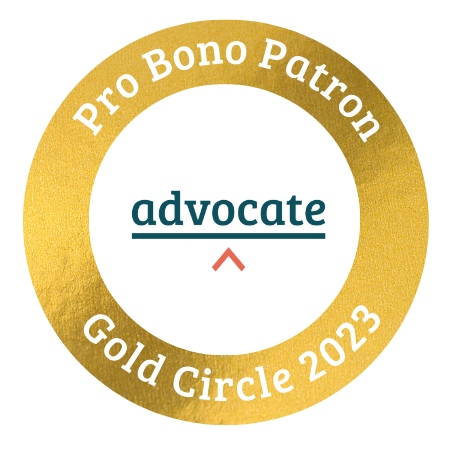William Day succeeds in application challenging insolvency officeholder’s decision-making as peverse
William Day appeared for two bankruptcy creditors and the purchaser of bankruptcy assets in an application under section 303(1) of the Insolvency Act 1986. The application challenged the decision of trustees in bankruptcy not to intervene in the Court of Appeal in ongoing proceedings regarding the possession and monetisation of the major remaining asset in two bankruptcy estates.
The trustees and the former bankrupts, Mr and Mrs Brake, objected to the application both on standing and the merits.
The judge was satisfied that the creditors had standing, and dismissed allegations that the creditors had no legitimate interest or were acting as “puppets” of a non-creditor.
On the merits, the judge emphasised the high threshold for perversity, but was satisfied that this was a rare case where it was met in circumstances where: (i) “what I [the Judge] see is these trustees striving at all costs not to have to take part in litigation against the Brakes”, (ii) intervention in the Court of Appeal could have significant economic upsides for the estate, and (iii) downsides of intervention had been mitigated by offers of third party funding and indemnity against adverse costs risk.
William Day was jointly instructed by Mark Osgood of Moore Barlow and Ian Gatt KC and Harry Spendlove of Stewarts.
The application formed part of a much larger dispute between the Brakes and the Chedington Court Estate, now involving concurrent appeals before both the Court of Appeal and the Supreme Court (and described at the hearing by leading counsel for the Brakes as a “huge sprawling game of 4D chess”), where William Day acts for Chedington, along with Andrew Sutcliffe KC and Gretel Scott.
The judgment is Patley Wood Farm LLP v Kicks [2022] EWHC 2973 (Ch) and can be found here.










